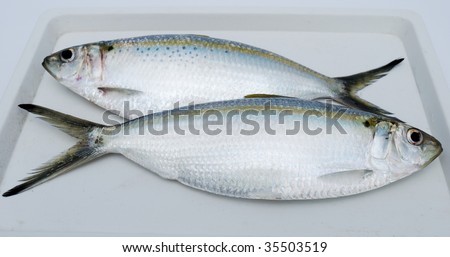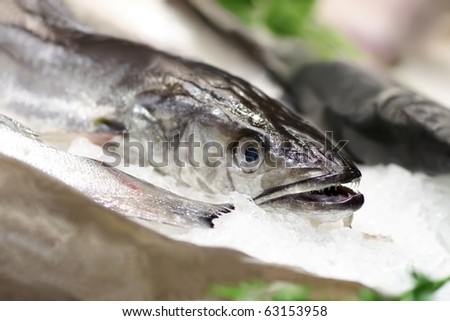Science reported that a worldwide assessment of the
threat to the salmon market as a whole can be answered by the 13 persistent
organic pollutants, including PCBs (polychlorinated biphenyls), known as one of
the most toxic and environmentally persistent chemicals ever created.
The Environmental Protection Agency (EPA) notes that
PCBs (and there are dozens of trade names for them) don’t break down, can
remain for long periods cycling between air, water and soil, travel long
distances and can be taken up into the bodies of small organisms and fish.
“Studies in humans support evidence for potential
carcinogenic and noncarcinogenic effects of PCBs,” it notes, but the list of
potential health problems for humans and animals is frankly staggering. Sure,
industries are now being regulated to more stringent laws, but once it’s out
there, trying to take it back is no longer possible. The EPA site details a
list of life-altering and hair-raising consequences PCBs can cause or impact:
Cancer
|
Immune system
|
Reproductive system
|
Nervous system
|
Endocrine system
|
Neurological effects
|
Keep in mind that PCBs are only one of many
pollutants associated with farmed fish. One of the most treacherous is
ethoxyquin, a chemical developed by Monsanto in the 1950s as a synthetic tire
chemical. Ethoxyquin is found only in farmed salmon — not in wild.
It’s used as a rubber stabilizer, pesticide,
preservative and antioxidant all in one, and is a suspected carcinogen that
“caused chromosomal aberrations, holes and fractures in chromosomes” of human cells
and “was chemically toxic, destroyed chromosomes and DNA,” according to a
Norwegian newspaper review.
Because it prevents fat oxidation, it’s used in some
animal feeds, including fish food. According to Nutraceutical Business Review,
the European Food Safety Authority’s description of the chemical was pretty
clear: Ethoxyquin is “considered to be toxic to aquatic organisms based on the
acute toxicity data provided for fish, daphnia and algae.”
Article Source: Dr Mercola at Mercola.com



